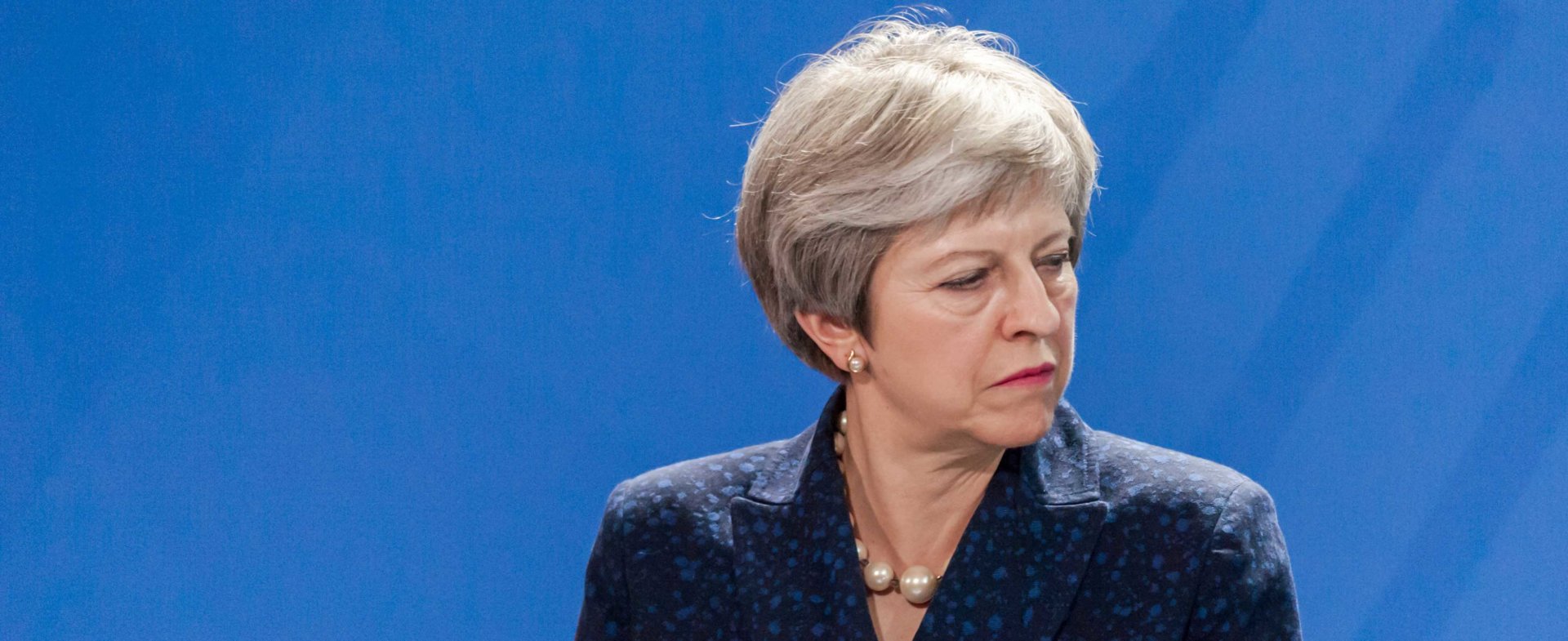In his Valentine’s Day speech, Boris Johnson quoted the late Guardian journalist Hugo Young’s account of the 1975 referendum that took Britain into the European Community. Young said on that occasion, the powers-that-be – who had overwhelmingly backed joining the EC – failed to realise that in the aftermath of the vote, they had won the decision, but had not won the argument. The issue of Britain’s relationship with Europe dragged on for decades, through the Maastricht rebellion, Lisbon treaty, Bloomberg speech, and finally the 2016 referendum.
Well the new powers-that-be – this time backing Britain’s split from Europe – are attempting to avoid the mistakes of their predecessors. All of the Cabinet’s big beasts are out in force over February to win the argument for the decision that was made 20 months ago.
The charm offensive kicked off last Wednesday, with the foreign secretary calling on remainers to unite around Brexit, in a speech that was heavy on rhetoric but light on detail. There’s been speculation since that Johnson was not in fact speaking to disgruntled remain-voters, but his colleagues in the Cabinet. Attempting to up the ante ahead of Thursday’s Chequers away day, where the government’s end goal on Brexit will at last be decided. Regardless, the speech was heavily choreographed by No.10, who would have been happy to give Johnson his ‘controlled explosion’ in return for the tepid reaction he received.
The prime minister was in Germany this weekend, where she met the Chancellor Angela Merkel before giving a speech at the Munich Security Conference.
Before she even took the stage, intelligence chiefs from Britain, France and Germany piled on the pressure with a joint statement calling for continued security cooperation post-Brexit.
Overshadowed by other headlines from the conference, the prime minister called on EU leaders to set aside “deep-seated ideology” and fast track a new security partnership, before conceding that Britain would continue to recognise the jurisdiction of the European Court of Justice in its participation in Europol and the European Arrest Warrant.
To placate the Eurosceptics – who will not tolerate any role for European judges – May also pledged to take full control of the UK’s diplomacy, peacekeeping, defence and overseas aid for the first time in 26 years.
To follow, the Chancellor Philip Hammond, Brexit secretary David Davis, International Trade Secretary Liam Fox and Cabinet Office minister David Lidington are all expected to take to the podium this week. The PM will wrap it up with an all-encompassing speech on the end state on the week of the 26th.
Early critics have spotted the lack of detail in Johnson’s speech as proof of a government eager to announce very little. But reports that Hammond will propose a system of mutual recognition in financial services so the City can maintain its preferential access to the single market suggest otherwise.
As is so often the case with this government’s approach to Brexit, the reason for all this theatre isn’t to add intellectual ballast to the negotiations with the EU, but to navigate the minefield of domestic politics.
May wants to tie her Cabinet heavy hitters into her plans for the next stage of the Brexit talks, avoiding the tit-for-tat briefing which characterised 2017, and head off any potential leadership challenge. With calls for a second referendum growing, this political manoeuvring and elbow jostling are unlikely to do much to win the argument over Britain’s relationship with Europe.

